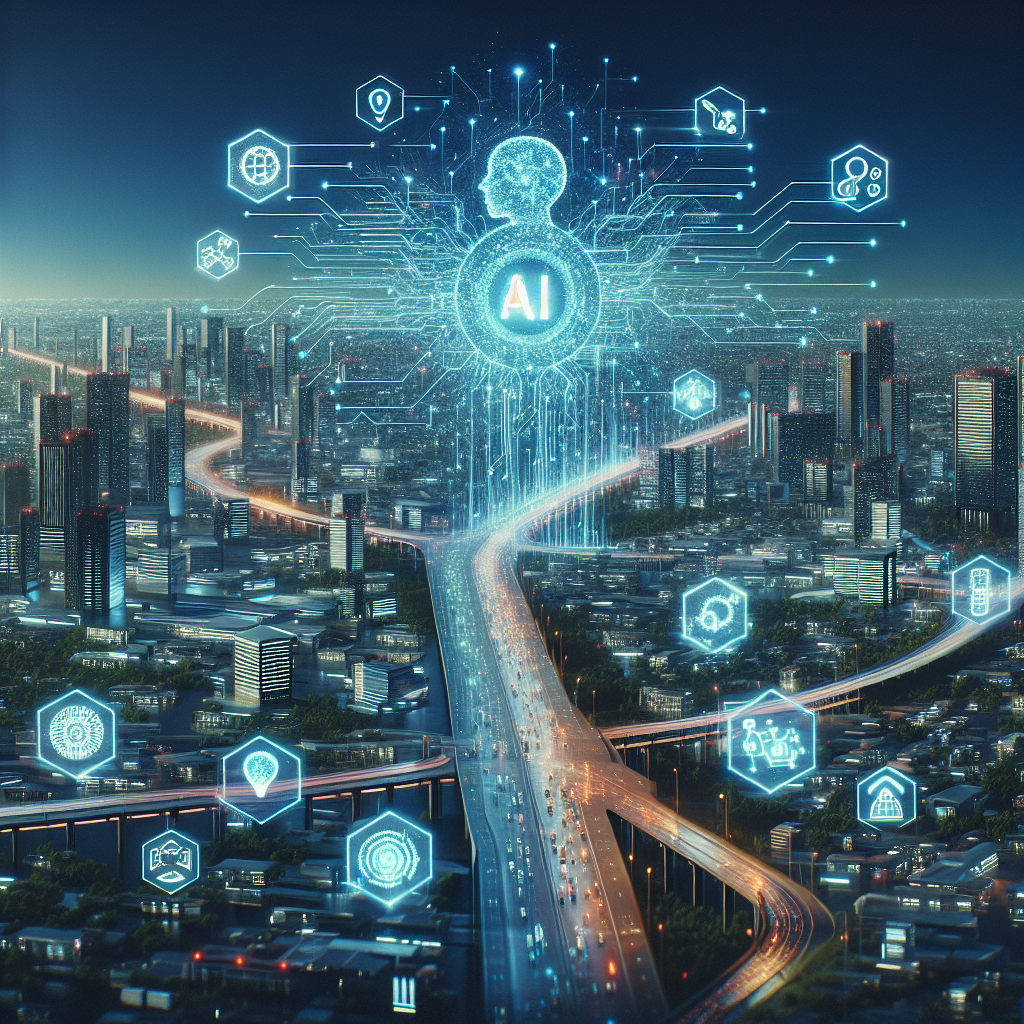Artificial Intelligence (AI) is revolutionizing the way governments around the world operate and deliver services to their citizens. From improving efficiency in public services to enhancing decision-making processes, AI deployment in government has the potential to transform the way we interact with our governments and the services they provide.
In recent years, governments have increasingly turned to AI to streamline operations, improve service delivery, and enhance the overall citizen experience. By leveraging AI technologies such as machine learning, natural language processing, and predictive analytics, governments are able to automate routine tasks, analyze vast amounts of data, and make data-driven decisions.
One of the key areas where AI deployment in government has had a significant impact is in the delivery of public services. AI-powered chatbots, for example, are being used by government agencies to provide citizens with real-time assistance and information. These chatbots can answer common questions, help citizens navigate government websites, and even provide personalized recommendations based on individual needs.
AI is also being used to improve the efficiency of government operations. For example, AI-powered algorithms can analyze large datasets to identify patterns and trends, helping government agencies make more informed decisions and allocate resources more effectively. In addition, AI can automate routine tasks such as data entry and processing, freeing up government employees to focus on more complex and high-value activities.
Furthermore, AI is being used to enhance decision-making processes within government. By analyzing data from various sources, AI can help government agencies identify emerging issues, predict future trends, and develop more effective policies and programs. AI can also help governments monitor and evaluate the impact of their policies and programs in real-time, allowing for more agile and responsive decision-making.
Despite the many benefits of AI deployment in government, there are also challenges and concerns that need to be addressed. One of the main concerns is the potential for bias in AI algorithms, which can lead to discriminatory outcomes and reinforce existing inequalities. It is crucial for governments to ensure that AI systems are designed and implemented in a way that is fair, transparent, and accountable.
In addition, there are concerns about the impact of AI on jobs and the workforce. While AI has the potential to automate routine tasks and improve efficiency, there is also the risk of job displacement and the need for reskilling and upskilling of the workforce. Governments must work to ensure that the benefits of AI deployment are shared equitably and that the workforce is prepared for the changes brought about by AI.
Despite these challenges, the potential benefits of AI deployment in government are significant. By leveraging AI technologies, governments can improve the delivery of public services, enhance decision-making processes, and ultimately better serve their citizens. As AI continues to evolve and become more sophisticated, governments will need to adapt and innovate in order to fully realize the potential of AI in the public sector.
FAQs:
Q: What are some examples of AI deployment in government?
A: Some examples of AI deployment in government include the use of chatbots to provide citizen assistance, the use of predictive analytics to improve decision-making processes, and the use of AI algorithms to automate routine tasks.
Q: How can AI improve public services?
A: AI can improve public services by automating routine tasks, analyzing large datasets to identify trends and patterns, and helping government agencies make more informed decisions.
Q: What are some of the challenges of AI deployment in government?
A: Some of the challenges of AI deployment in government include the potential for bias in AI algorithms, concerns about the impact on jobs and the workforce, and the need for transparency and accountability in AI systems.
Q: How can governments ensure that AI deployment is fair and equitable?
A: Governments can ensure that AI deployment is fair and equitable by designing and implementing AI systems that are transparent, accountable, and free from bias. Governments can also work to ensure that the benefits of AI deployment are shared equitably and that the workforce is prepared for the changes brought about by AI.

